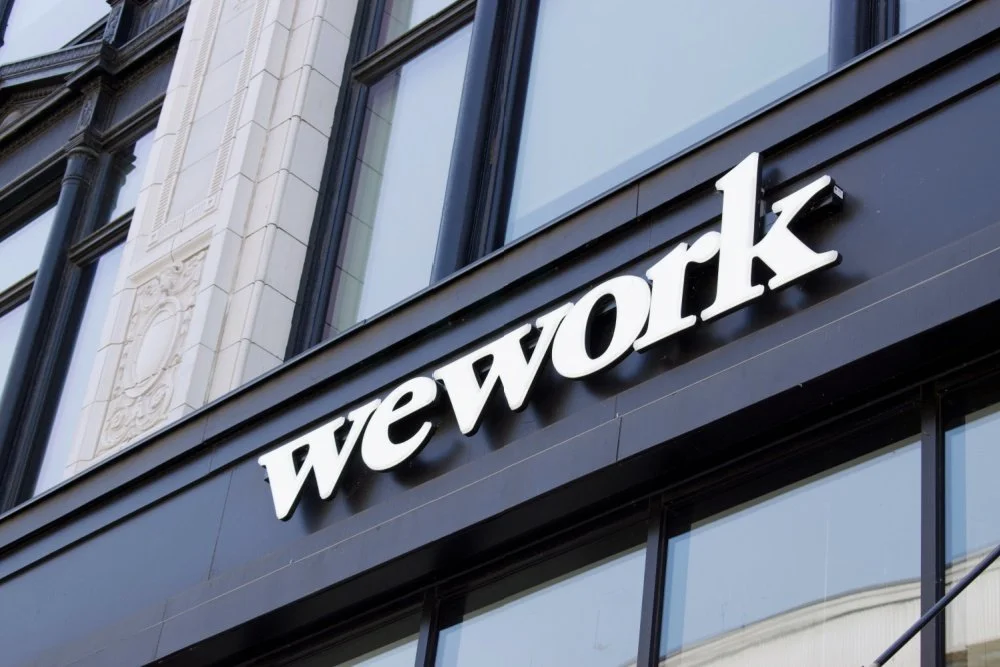Off the Beaten Path: With Another Mega-Gift, the Regional Philanthropy Boom Rolls On
/We've come across many compelling examples of exploding regional philanthropy in "flyover country" as of late, but recent news out Wisconsin takes things to a whole new level.
First off, the recipient organization, here, isn't based in one of the state's top metropolitan centers like Madison or Milwaukee, but in Appleton, a smaller city that won't ring a bell to most people outside of Wisconsin.
Second, the recipient organization isn't a university or cultural institution as one might initially suspect. Rather, in a sign that the regional giving boom has the potential to lift many boats, the recipient is the Community Foundation for the Fox Valley Region, which received a $100 million estate gift from David and Rita Nelson. This New York City-sized mega-gift represents the largest donation in the foundation's 32-year history and establishes a permanent donor-advised endowment called the David L. and Rita E. Nelson Family Fund.
The fund is expected to award $4.5 million in grants every year by 2021, and the first round of grants, which total $3.5 million, has already been awarded. They include $2.62 million to stabilize two historic lighthouses near the Green Bay Municipal Boat Landing, a $650,000 challenge grant to raise money for a pedestrian and bicycle boardwalk, and $50,000 to restore the upper park pavilion and support a summer naturalist position at High Cliff State Park.
The primary driver in the regional philanthropy boom, as we've often discussed, is the explosion of rich people living all over the country. There are around 75,000 Americans with a net worth of $30 million or more, and not all of them reside in places like New York City, the Bay Area, and Chicago. In fact, a second Gilded Age that started in the early 1980s has minted economic winners in lots of places, which is good news for regional foundations.
Many of the off these off-the-beaten-path fortunes were created in "old economy" industries like energy and manufacturing, or in sectors like real estate, healthcare and hospitality. Wisconsin is no stranger to this trend: According to the Forbes 400 list, the state is home to eight billionaires.
Sure enough, David Nelson hailed from an industry that has nothing to do with tech or finance. Born in Kaukauna, he was a former newspaper executive with the Post-Crescent and the Green Bay Press Gazette. He purchased and operated a number of radio stations and other businesses following the 1984 sale of the Post-Crescent.
Rita Nelson was born in Janesville and became a teacher after raising the couple’s three sons. David and Rita lived in Wisconsin for nearly their entire lives and died within five months of each other in 2017.
While the Nelsons left their money to a community foundation, the boom in regional philanthropy often plays out in gifts to universities. If you take a spin through a list of the schools with largest endowments, you'll see what I'm talking about. Many public universities in the Midwest and South now have endowments well over a billion dollars. The University of Wisconsin-Madison's stash, for example, is up to nearly $3 billion. With assets of $26 billion, the Texas University System has the third largest endowment in the nation.
Regional philanthropy has particularly surged in fast-growing regions. For instance, the University of Arizona recently met its $1.5 billion fundraising goal two years early. Arizona is the fifth fastest-growing state in the country.
Similarly, last year, the Charlotte-based Foundation for the Carolinas topped $2.1 billion in assets, which elevated its position to sixth in the country among at least 800 community foundations in the U.S. It was during this time that Charlotte added more residents last year than all but 10 cities in the country.
Wisconsin's Fox Valley may not initially ring a bell, but growth can be relative: According to the Fox Cities Regional Partnership, the region is one of the fastest-growing urban centers in Wisconsin, with a population of more than 300,000.
Which brings me to a final quirk of the regional philanthropy surge: We're seeing more mega-donors like the Nelsons arrive on the scene seemingly out of nowhere.
Even Richard Nelson, one of the couple's three sons, seemed somewhat surprised by the $100 million gift. He described his parents as frugal people who didn’t show off their wealth. "I never thought of my family as rich," he said. "We started school every fall with two pairs of pants from Sears."
More to the point, like many donors fueling the regional philanthropy boom, the Nelsons' public record of giving was relatively light, almost to the point of non-existence. In fact, despite the fact that the couple spent their entire lives in the state, they had no previous connection to the Community Foundation for the Fox Valley Region. They made the donation thanks to a suggestion from an adviser.
Get ready for more gifts like this one in the years to come.







































